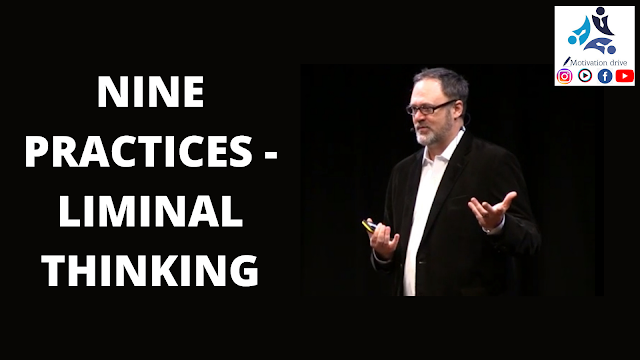Introduction: When Skincare Becomes a Practice of Self-Relationship At first glance, Skincare Journal by Linley & Miranda may appear to be a simple tracking tool—pages to note products, routines, and results. But spending time with the journal reveals that it is designed to be something far deeper. This is not merely a planner for skincare; it is a structured space for rebuilding one’s relationship with the self through consistency, patience, and awareness. In an age where skincare is often marketed as instant transformation, this journal quietly challenges that narrative. It frames skincare as a long-term conversation between the body, the mind, and daily habits. The underlying message is clear: healthy skin is not achieved through products alone, but through intentional self-care practiced over time. A Journal Built on Intentional Structure One of the journal’s strongest qualities is its structure. Linley & Miranda have created ...
Introduction
It is a true saying; it’s not aptitude that changes your life, it is your attitude towards life. Most of us are clutched by the social norms and theories about success in life not allowing us the freedom of thought. To get us to this thought freedom, the book ‘Liminal Thinking’ by Dave Gray comes to our rescue. In his book, Dave Gray asks us not to stick with limited beliefs that only constrict and contain us, instead tells us to open ourselves, evolve ourselves. He gives us the following nine practices which will help us with developing our liminal thinking.Nine Practices for developing liminal thinking
1. Assume that you are not objective: The first practice that helps you in developing liminal thinking is to assume that you are not objective. We should realize that we are part of the problem if we are part of the system we want to change.2. Empty your cup: We can’t open ourselves to the new world of opportunities if we are not allowing old things to let go and clear our minds. Additionally, we should stop our judgment about ourselves, our lives, others, and other people's life.
3. Create safe space: Dave Gray asks us to create a safe space around us and our loved ones as anyone will share his innermost needs when he feels safe, respected, and accepted as they are. It helps you to evolve yourself and others as well in evolving themselves.
Don't forget to watch struggles of Dwayne Johnson:
4. Triangulate and validate: Liminal thinking allows us to analyze any situation from many different points of view. We should also consider the possibility of validating contrary beliefs. You must be missing on some point if something in a situation doesn’t make sense to you.
5. Ask questions, make connections: It helps you in evolving yourself and your liminal thinking if you try to understand people’s frustration, hopes, and dreams. Dave Gray also asks us to make connections with new people and explore the social system to open new opportunities for ourselves.
6. Disrupt Routines: We all have some habitual routines that run on autopilot. It is found that many beliefs are embedded in these habitual routines. We should restrain ourselves from any such routines to open ourselves to these new opportunities.
7. Act as if in here and now: Even if you don’t trust any belief, you can test them by believing they are true and seeing the results after following them. We should work more on those beliefs if we find something working in there.
8. Make sense with stories: If we are giving people facts without telling them a story about it, they will include those facts with their existing belief system. This misdirects them or gives them a wrong direction. So, the best way to promote a new or different belief system is by telling a story along with facts.
5. Ask questions, make connections: It helps you in evolving yourself and your liminal thinking if you try to understand people’s frustration, hopes, and dreams. Dave Gray also asks us to make connections with new people and explore the social system to open new opportunities for ourselves.
6. Disrupt Routines: We all have some habitual routines that run on autopilot. It is found that many beliefs are embedded in these habitual routines. We should restrain ourselves from any such routines to open ourselves to these new opportunities.
7. Act as if in here and now: Even if you don’t trust any belief, you can test them by believing they are true and seeing the results after following them. We should work more on those beliefs if we find something working in there.
8. Make sense with stories: If we are giving people facts without telling them a story about it, they will include those facts with their existing belief system. This misdirects them or gives them a wrong direction. So, the best way to promote a new or different belief system is by telling a story along with facts.
9. Evolve yourself: We can have a better chance of achieving our aims if we learn to be open about how a change affects us personally. We must be willing to change ourselves and evolve ourselves if we wish to change others and the world.


Comments
Post a Comment
Please do not add any spam link in the comment box